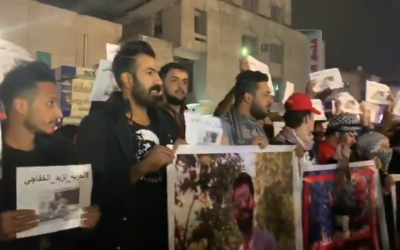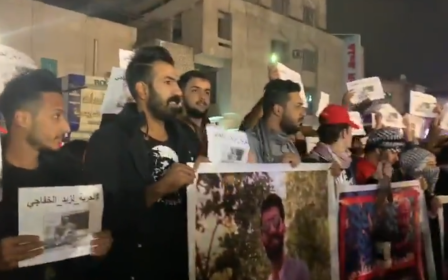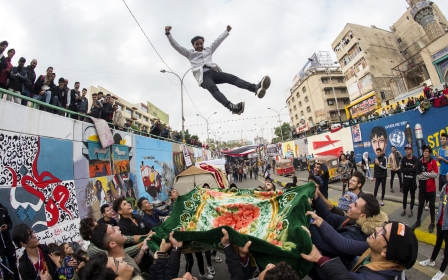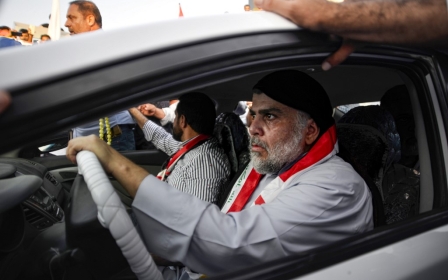Iraq summons ambassadors as rockets hit Baghdad air base
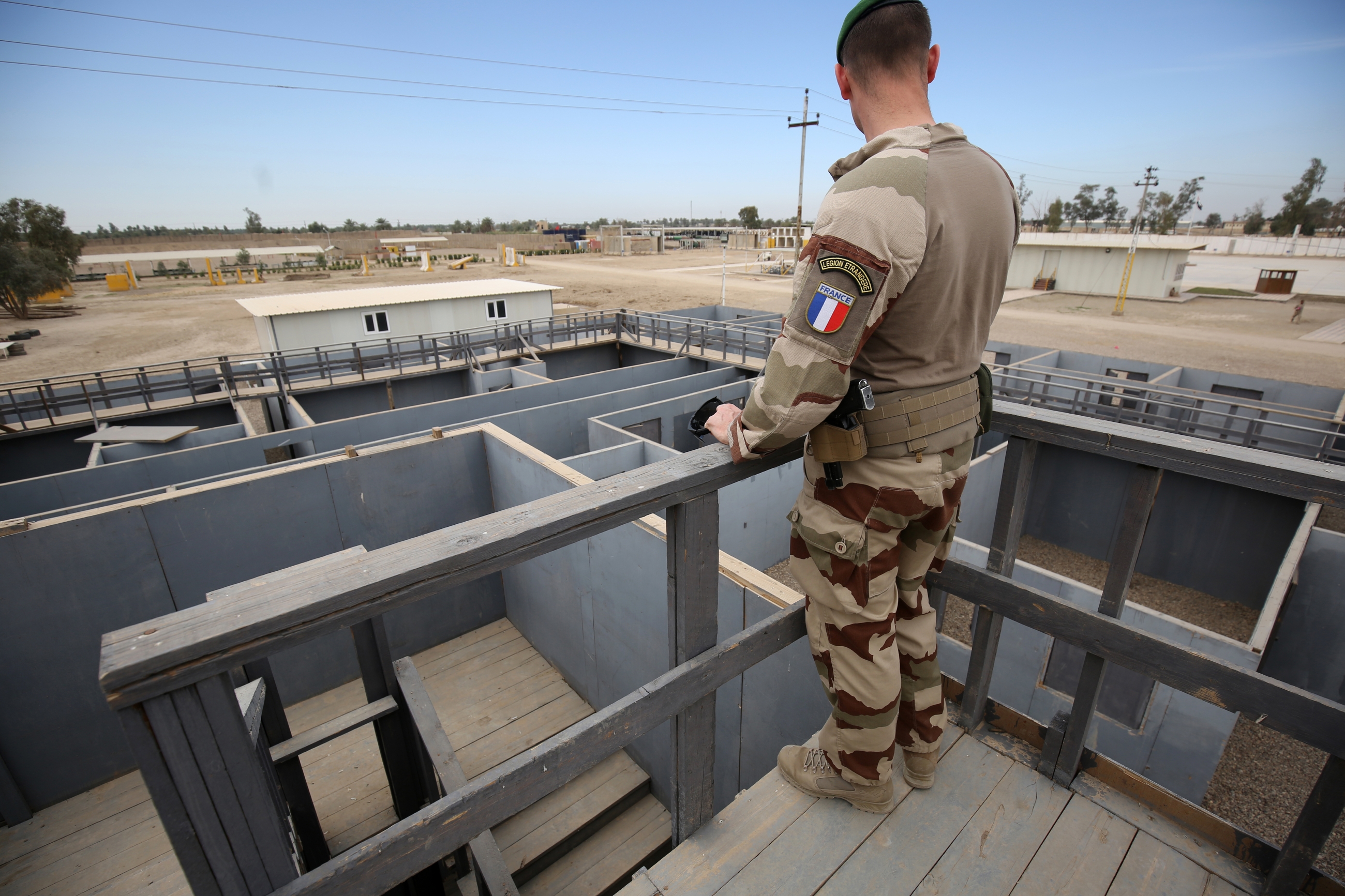
Iraq's foreign ministry summoned ambassadors from four countries over criticism of the state's inability to control the actions of armed groups in the country, hours after a rocket attack struck a military complex hosting US forces next to Baghdad airport.
Six Iraqi troops were wounded in the attack, which took place on Monday morning.
It is just the latest in a series of attacks that have targeted US interests in Iraq in the past year.
On Thursday, several rockets struck the Balad air base hosting US troops and government contractors about 50 miles north of Baghdad. Two days prior to that, at least five rockets were also fired at Ain al-Asad air base in northern Anbar province.
Security sources told the AFP news agency that the wounded in Monday's attack belong to the elite Counter-Terrorism Service, a widely admired group in Iraq for their role in defeating the Islamic State group.
New MEE newsletter: Jerusalem Dispatch
Sign up to get the latest insights and analysis on Israel-Palestine, alongside Turkey Unpacked and other MEE newsletters
Two of them are in critical condition, the sources said.
The ambassadors of Germany, Britain, Canada and France criticised resigned Prime Minister Adel Abdel Mahdi on Sunday after the deaths of 20 protesters over the weekend, warning that "no armed group should be able to operate outside of the control of the state".
The Canadian ambassador added that the state should not allow "armed groups with special agendas" to roam free.
Iraq's foreign ministry said on Monday it had summoned all four envoys for their "unacceptable intervention in Iraq's internal affairs".
At least 450 people have been killed so far since the beginning of anti-government demonstrations on 1 October.
On Monday, protesters turned out to mourn a prominent activist gunned down on Sunday night.
Fahem al-Tai was shot dead in the southern city of Karbala while returning home from protests.
The 53-year old's body was carried in a funeral procession through the streets of the holy city, thronged by mourners.
"We will not forget our martyrs," read one sign carried by tearful protesters.
The country is expected to see widespread protests on Tuesday, marking two years since Iraq defeated the Islamic State group.
Activists have called for massive marches from other Iraqi cities towards Baghdad, but paramilitary leaders have warned such protests would be "ruinous".
"It will bring the most massive chaos yet to Baghdad," said Qais al-Khazali, the head of the prominent Asaib Ahl al-Haq armed faction, which was recently blacklisted by the US.
Middle East Eye delivers independent and unrivalled coverage and analysis of the Middle East, North Africa and beyond. To learn more about republishing this content and the associated fees, please fill out this form. More about MEE can be found here.


